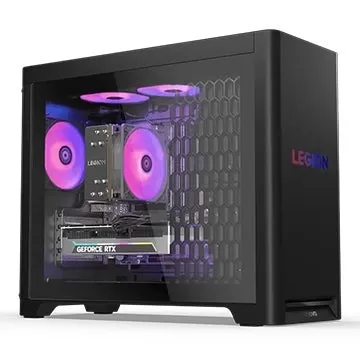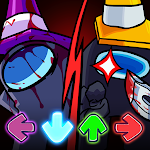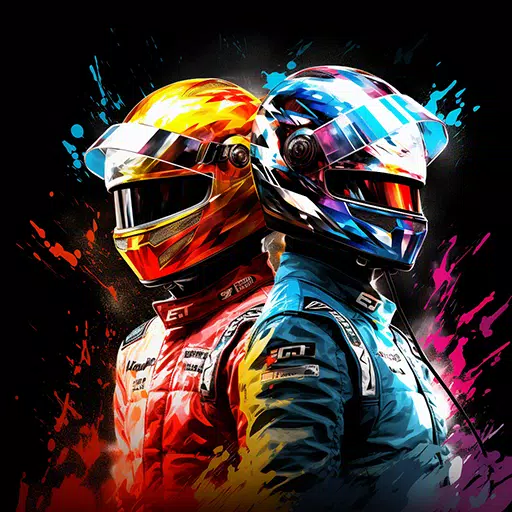With *Monster Hunter Wilds* breaking Steam records and *Resident Evil* enjoying a resurgence in popularity thanks to *Village* and several acclaimed remakes, it's easy to believe that Capcom is currently unstoppable. However, this wasn't always the case. Just a few years ago, following a series of disappointing releases, Capcom found itself struggling to maintain its relevance and connect with its audience.
Capcom was grappling with an identity crisis. The once groundbreaking *Resident Evil* series, which had defined the survival horror genre, seemed to have lost its edge following *Resident Evil 4*. Similarly, *Street Fighter*, another flagship franchise, was struggling to recover from the backlash against *Street Fighter 5*. These setbacks threatened to end Capcom's legacy and the beloved games that fans cherished.
Yet, amid this turmoil, Capcom initiated a transformative shift. A new approach to game development, bolstered by a state-of-the-art game engine, revitalized their iconic series. This strategic overhaul not only brought these franchises back to life but also set the stage for a period of remarkable success, propelling Capcom back to the forefront of the gaming industry.
Resident Evil Lost Its Way
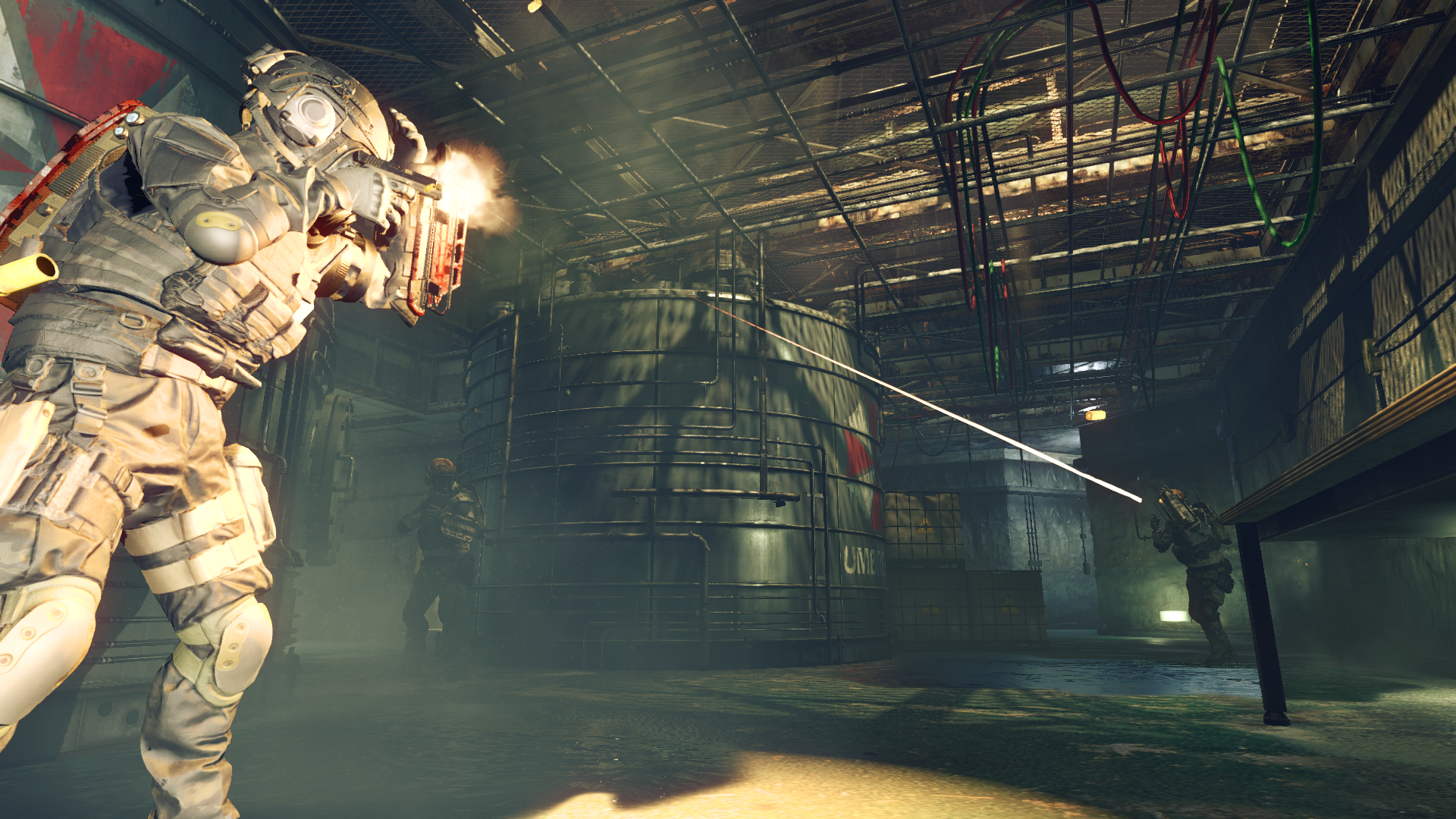 2016 was a challenging year for Capcom.
2016 was a challenging year for Capcom.
The release of *Umbrella Corps*, an online co-op shooter, was met with harsh criticism from both reviewers and fans. Meanwhile, *Street Fighter 5* disappointed long-time fans with its lackluster execution, and *Dead Rising 4* marked the end of new entries in its series. These releases epitomized a low point for Capcom, which had been struggling since 2010.
The mainline *Resident Evil* games saw declining critical acclaim despite robust sales. *Street Fighter* was reeling from the poor reception of its latest installment, and other stalwarts like *Devil May Cry* were absent from the scene. At the same time, *Monster Hunter*, while hugely successful in Japan, faced challenges in penetrating international markets.
"Many of us started feeling that what the fans and players wanted from the series was getting a little bit separate from what we were making." This sentiment was a far cry from the Capcom of today, which has consistently delivered hits from its most renowned franchises since 2017. The list includes *Monster Hunter World*, *Devil May Cry 5*, *Street Fighter 6*, and a trio of industry-leading remakes alongside a successful soft reboot of *Resident Evil*. Capcom's recent track record suggests they are currently on an unstoppable winning streak.
This turnaround required more than just learning from past errors. Capcom had to completely rethink its strategy, from the target audience to the technology used, to make this revival possible. IGN spoke with four of Capcom's leading creatives to understand how the company navigated its challenges and emerged stronger than ever.
Founded in 1979 as a manufacturer of electronic game machines, Capcom rose to prominence in the 80s and 90s with 2D classics like *Street Fighter* and *Mega Man*. The transition to 3D gaming with titles like *Resident Evil* between 2000 and 2010 was a success, culminating in the critically acclaimed *Resident Evil 4*.
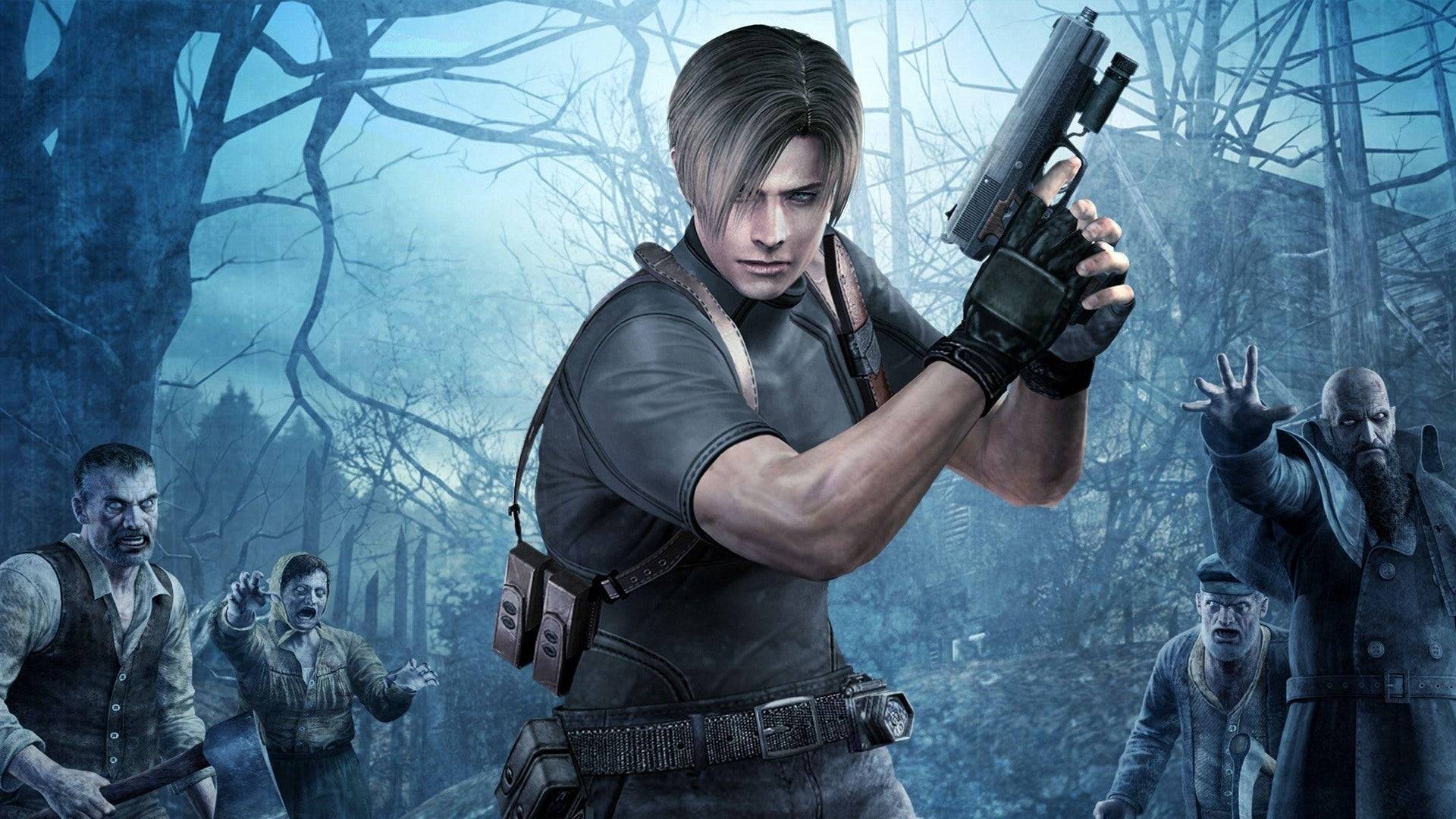 Released in 2005, *Resident Evil 4* is often hailed as a masterpiece due to its innovative blend of horror and action. However, this balance was lost in subsequent games. *Resident Evil 5* veered more towards action, with scenes that felt more like *Fast and Furious* than horror. The series' identity crisis was evident to both fans and developers, including *Resident Evil 4* remake director Yasuhiro Ampo, who has been with the series since 1996.
Released in 2005, *Resident Evil 4* is often hailed as a masterpiece due to its innovative blend of horror and action. However, this balance was lost in subsequent games. *Resident Evil 5* veered more towards action, with scenes that felt more like *Fast and Furious* than horror. The series' identity crisis was evident to both fans and developers, including *Resident Evil 4* remake director Yasuhiro Ampo, who has been with the series since 1996.
"Overall throughout the Resident Evil series, we set up different goals, challenges, and things we want to try with each game… But this time, many of us started feeling that what the fans and players wanted from the series was getting a little bit separate from what we were making," Ampo explained.
This confusion led to *Resident Evil 6*, which attempted to cater to both action and horror fans but failed to satisfy either group fully. Similarly, *Street Fighter 4* was a success, but its sequel, *Street Fighter 5*, was criticized for its lack of content and poor online functionality. *Devil May Cry* also struggled, with *DmC: Devil May Cry* receiving mixed reactions for its changes to the series' core elements.
Capcom's early to mid-2010s were marked by these struggles, with other ventures like *Lost Planet* and *Asura's Wrath* failing to gain traction. The occasional success, such as *Dragon's Dogma*, was overshadowed by the company's overall lack of focus.
Street Fighter 5, The Lost Cause
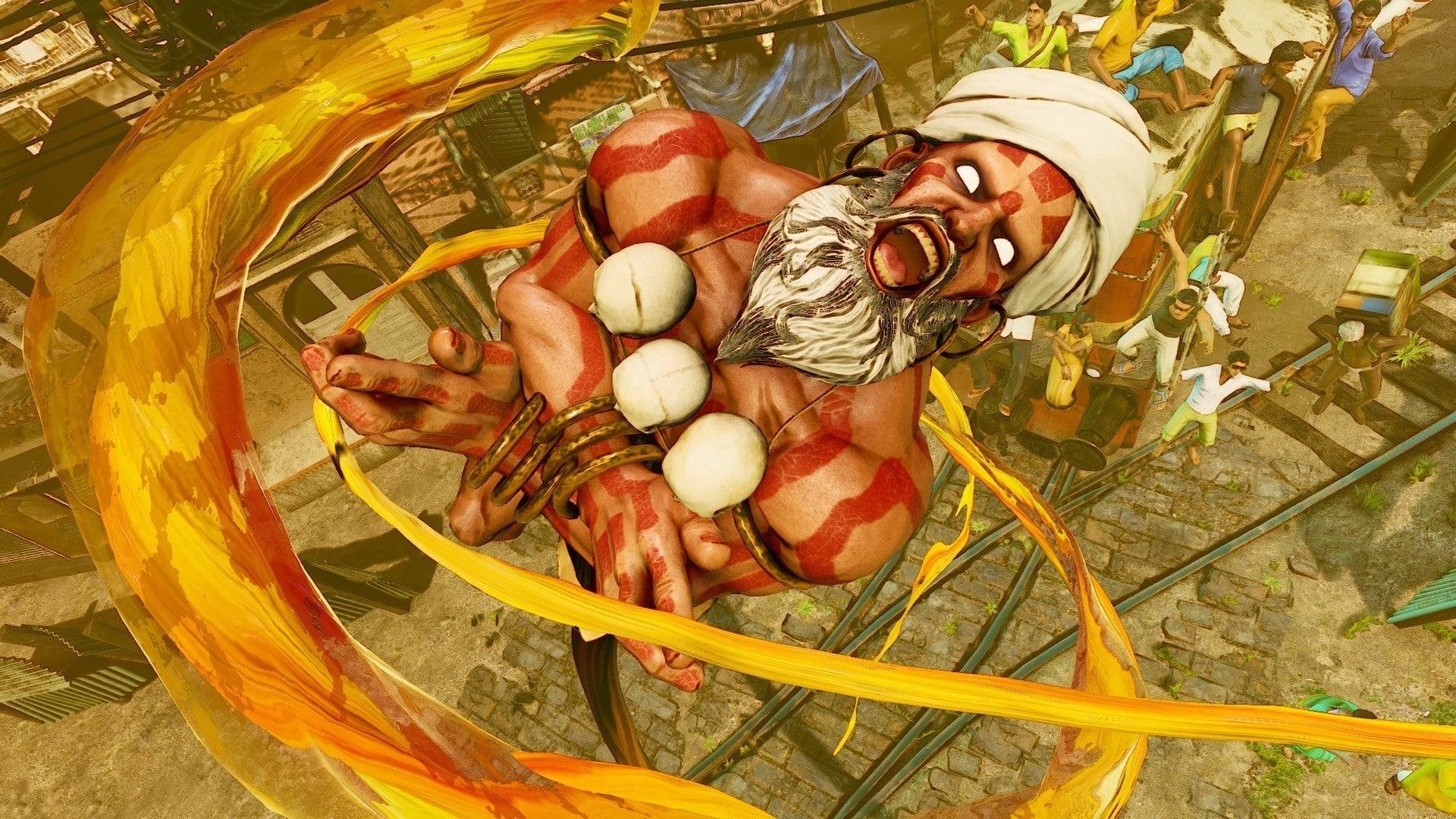 By the mid-2010s, Capcom began implementing changes to reverse its fortunes. The first step was addressing the issues with *Street Fighter 5*. Directors Takayuki Nakayama and producer Shuhei Matsumoto were tasked with stabilizing the game.
By the mid-2010s, Capcom began implementing changes to reverse its fortunes. The first step was addressing the issues with *Street Fighter 5*. Directors Takayuki Nakayama and producer Shuhei Matsumoto were tasked with stabilizing the game.
Although they weren't involved from the start, Nakayama and Matsumoto inherited a game that needed significant improvements to regain fan trust. "There definitely were some challenges within the production of the game, and that was part of the reason why I was brought into the team," Nakayama admitted. "And because we were in a point in development where we couldn’t really make any major pivots or shifts, we had to proceed and move forward in the direction we were currently in, which created constraints on what we could and couldn’t do."
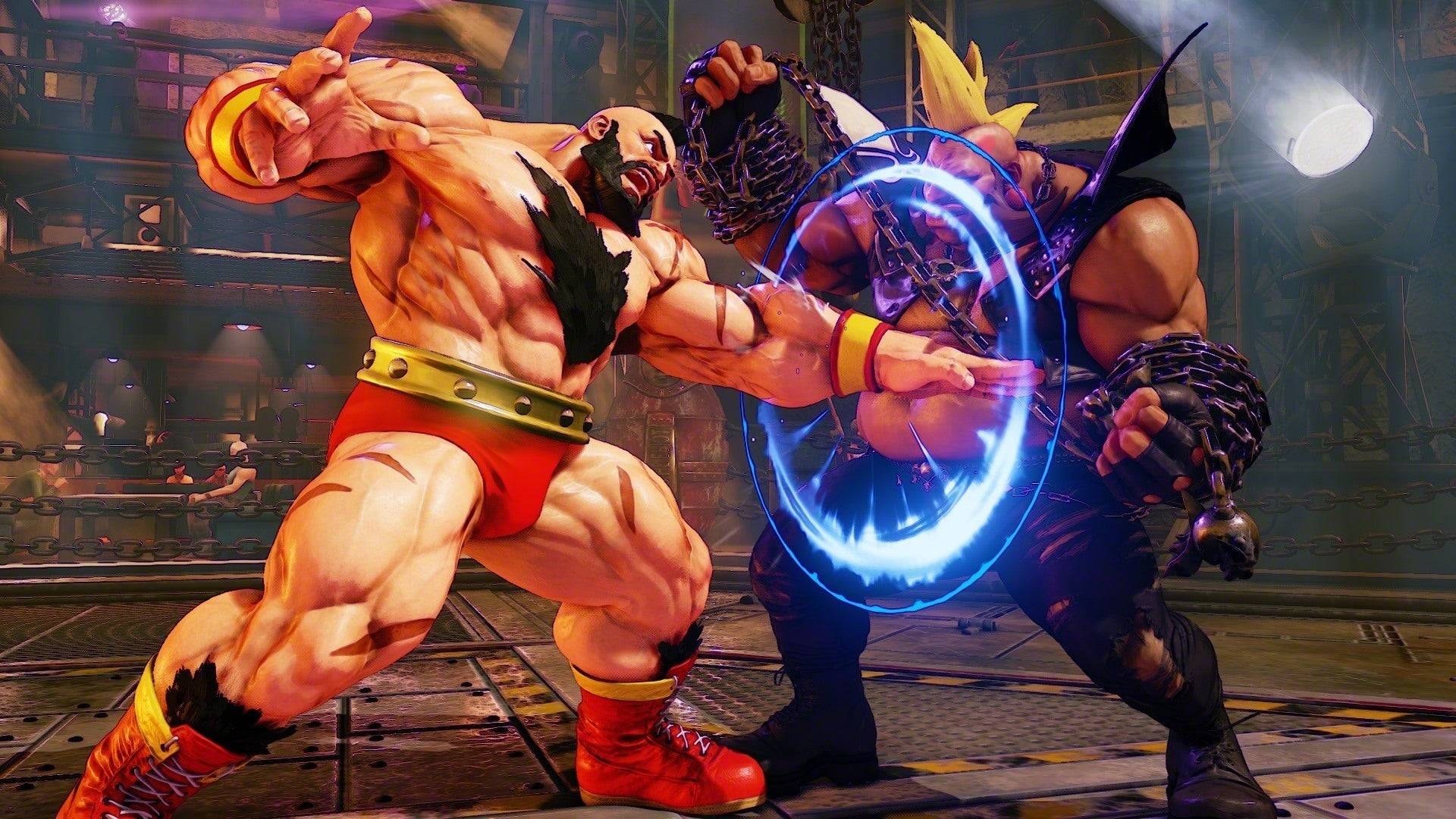 These constraints limited their ability to make sweeping changes, leading them to focus on fixing the most pressing issues while planning for *Street Fighter 6*. "We just didn’t really have enough time to address some of the problems and challenges we faced in Street Fighter V," Nakayama said. "And so, with our hands tied behind our backs, we basically had to wait for those ideas to be brought back for the initial conceptual phases for Street Fighter 6, so we could tackle and do things properly for the next title."
These constraints limited their ability to make sweeping changes, leading them to focus on fixing the most pressing issues while planning for *Street Fighter 6*. "We just didn’t really have enough time to address some of the problems and challenges we faced in Street Fighter V," Nakayama said. "And so, with our hands tied behind our backs, we basically had to wait for those ideas to be brought back for the initial conceptual phases for Street Fighter 6, so we could tackle and do things properly for the next title."
Matsumoto explained that abandoning *Street Fighter 5* wasn't an option. "There wasn’t any sort of sense of like, 'Okay let’s just end Street Fighter 5 and focus on Street Fighter 6.' It was more like, while we were working on Street Fighter V, we were trying to figure out what we really wanted to do in Street Fighter 6 content-wise."
They used *Street Fighter 5* as a testing ground, experimenting with different elements and applying successful ones to *Street Fighter 6*. This approach included updates to the netcode, character re-balances, and the introduction of new mechanics like V-Shift. The overarching goal was to rediscover the fun in fighting games, which *Street Fighter 5* had failed to deliver.
"We both realized that fighting games are fun, and when you get used to them, it becomes more enjoyable and something you can essentially play forever as long as you have an opponent to play against," Matsumoto said. "However, one of the challenges that we faced with Street Fighter V is that we felt that there wasn’t a clear pathway that helped guide players to get to that level where they finally feel like they’re having fun and will want to continue playing."
*Street Fighter 6* aimed to be more accessible to new players while retaining the elements that long-time fans loved, resulting in one of the most critically acclaimed games in the franchise. By using *Street Fighter 5* as a testbed, Capcom avoided repeating the same mistakes and ensured a smoother development process for future titles.
Monster Hunter Took Over The World
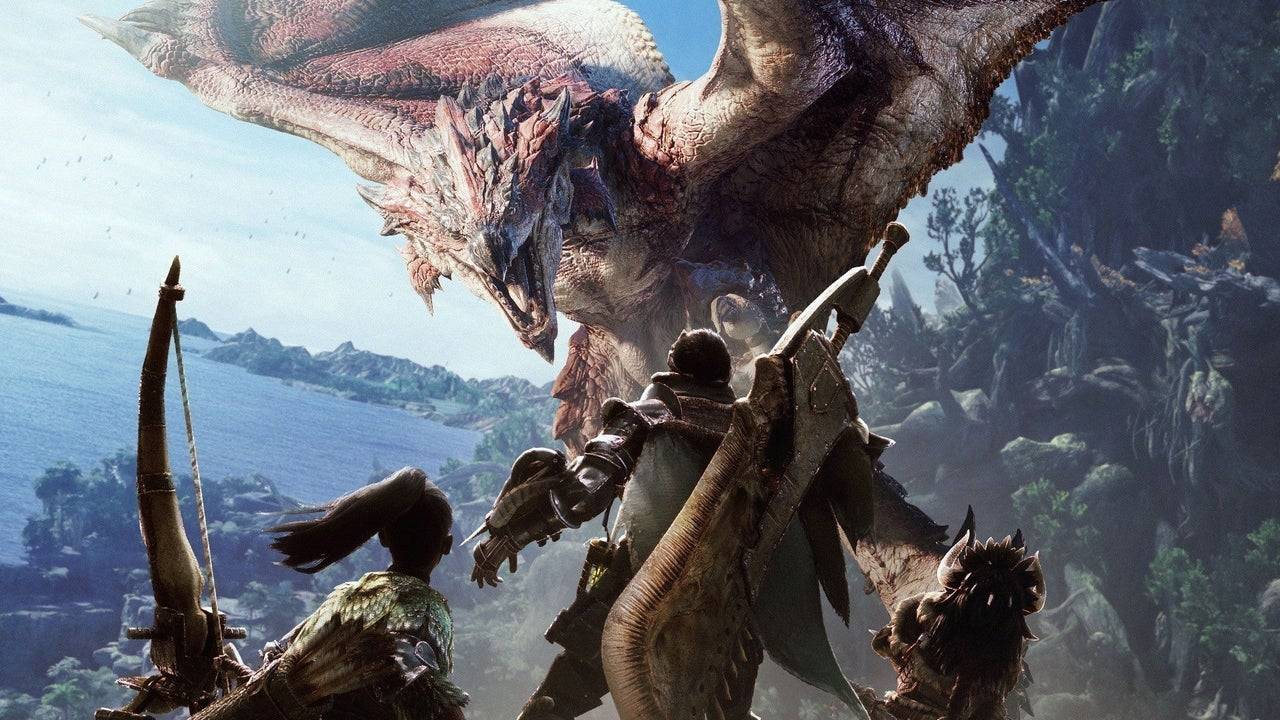 Around the time of *Street Fighter 5*'s launch, Capcom underwent a significant internal reorganization to prepare for a new generation of games. This included the adoption of the RE Engine, replacing the aging MT Framework, and a shift towards creating games for a global audience.
Around the time of *Street Fighter 5*'s launch, Capcom underwent a significant internal reorganization to prepare for a new generation of games. This included the adoption of the RE Engine, replacing the aging MT Framework, and a shift towards creating games for a global audience.
"It was a few factors that came together," said Hideaki Itsuno, a former game director at Capcom known for *Devil May Cry*. "The change of the engine and also all teams were given a very clear goal at that point to make games that reach the global market. [Games] that are fun for everyone."
Capcom had previously focused on capturing the Western market, but this approach proved ineffective. With the launch of *Resident Evil 7* in 2017, Capcom initiated a renaissance, embracing a broader, more inclusive approach to game development.
*Monster Hunter* epitomized this new strategy. While the series had a dedicated following in the West, it was predominantly popular in Japan. The handheld success of *Monster Hunter Freedom Unite* on the PSP played a significant role in its domestic popularity, as handheld gaming was more prevalent in Japan.
"20 years ago in Japan, having a network connection wasn't as easy, and there weren’t a huge amount of people playing Monster Hunter online. However, handheld consoles made multiplayer gameplay easy without internet access, and I regard it as a great success that we had players experience the game in this way, which was one of the ways we really wished for them to play and enjoy it, even in that era when online gameplay wasn't easy," explained Ryozo Tsujimoto, executive producer of the series.
The cooperative nature of *Monster Hunter* was well-suited to handheld consoles, allowing friends to easily join hunts together. This focus on the Japanese market inadvertently reinforced *Monster Hunter* as a "Japan-only" brand, despite its global potential.
However, with improved internet infrastructure in the West, Capcom saw an opportunity to make *Monster Hunter* more accessible globally. *Monster Hunter: World*, released in 2018, was a game-changer. It was designed for larger consoles, offering AAA-quality graphics, expansive areas, and larger monsters. The simultaneous worldwide release and absence of Japan-exclusive content were pivotal in broadening its appeal.
"Our approach to the globalization of the series and Monster Hunter in general really ties into not only the themes that we had going into designing the game, but also in the name of the game," Tsujimoto revealed. "The fact that we called it Monster Hunter: World is really kind of a nod to the fact that we wanted to appeal to this worldwide audience that we wanted to really dig into and experience Monster Hunter for the first time."
Capcom conducted global focus tests for *Monster Hunter: World*, using the feedback to refine game systems and enhance its global appeal. Simple changes, like displaying damage numbers, contributed to the series' unprecedented success, with both *Monster Hunter: World* and *Monster Hunter Rise* selling over 20 million copies each.
"At its heart, Monster Hunter really is an action game, and that sense of accomplishment you get from really mastering that action is an important aspect of Monster Hunter," Tsujimoto explained. "But for newer players, it's really about getting to that point. The steps involved in getting to that sense of accomplishment is what we're trying to strategize for, in terms of designing for new players. So with World and Rise, for example, we were taking great care to analyze where players got stuck, what was hard to understand, what they were having trouble with, getting player feedback, and also doing our own kind of research into that. And all of that kind of knowledge has impacted how we've implemented new systems into Wilds."
Resident Evil 7 Began Turning Things Around
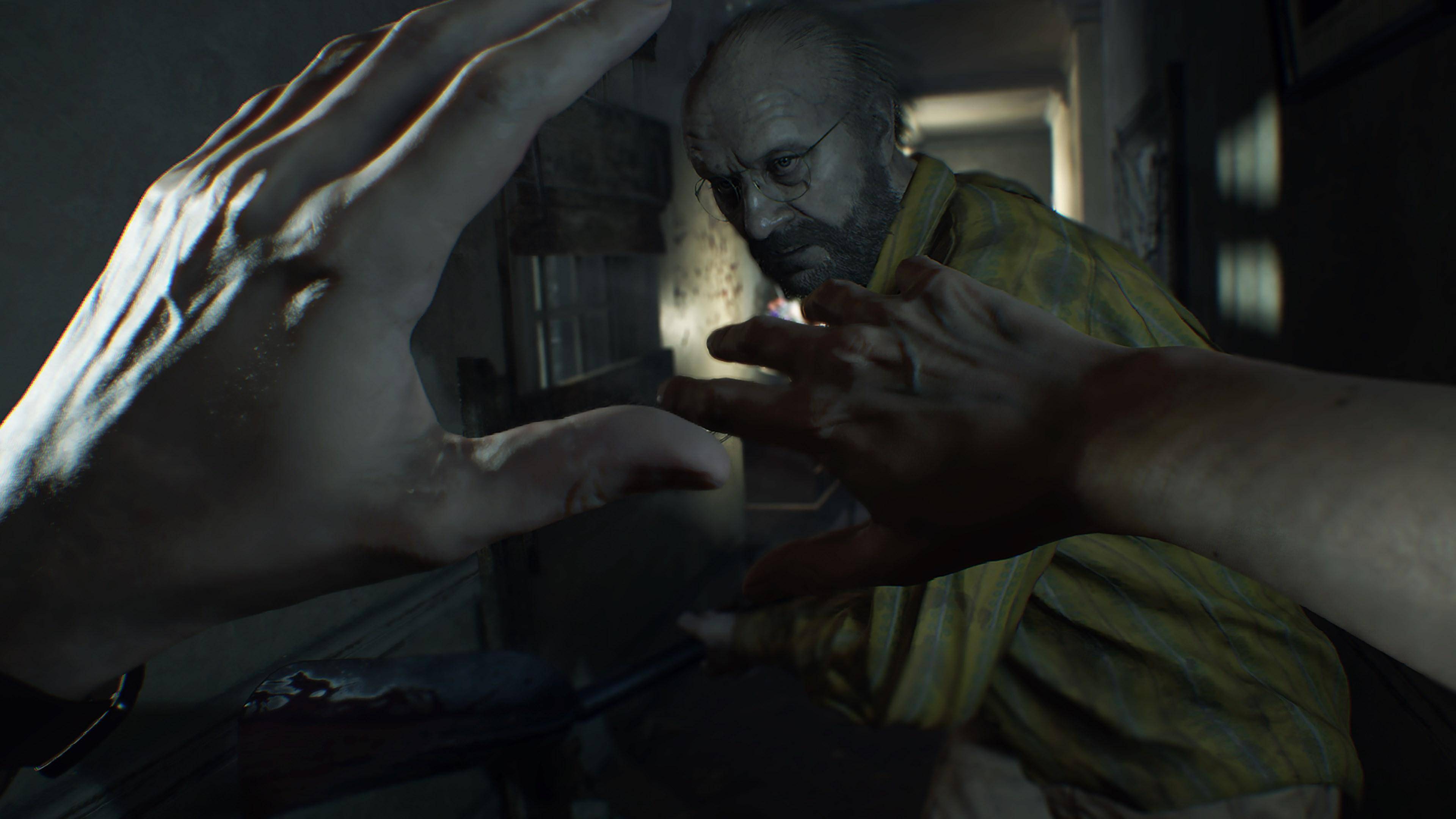 While *Monster Hunter* had a winning formula, the challenge for Capcom was convincing a global audience to embrace it. For *Resident Evil*, the task was deciding whether to focus on action or horror. Jun Takeuchi, the executive producer, made the pivotal decision to return to the series' survival horror roots.
While *Monster Hunter* had a winning formula, the challenge for Capcom was convincing a global audience to embrace it. For *Resident Evil*, the task was deciding whether to focus on action or horror. Jun Takeuchi, the executive producer, made the pivotal decision to return to the series' survival horror roots.
"It was around the time I was working on Resident Evil Revelations 1 and 2. I was trying to test different things, try different approaches," recalled *Resident Evil 2* and *4 Remake* director Yasuhiro Ampo. "And around this time is when the R&D teams were divided into R&D division one and two. The executive producer of the Resident Evil series, Jun Takeuchi, took command of R&D division one, and he set the core direction that the Resident Evil series needed to go back to its origins, to its roots."
*Resident Evil 7* was announced at PlayStation's E3 2016 conference with a first-person perspective trailer, signaling a return to horror. "We cannot underestimate how critical it is for the series for it to be scary," Ampo said. The shift to first-person not only recaptured the series' horror essence but also revitalized it. *Resident Evil 7* became one of the scariest entries in the franchise, thanks to its unsettling Southern Gothic setting.
Capcom continued to explore the third-person perspective through remakes, starting with *Resident Evil 2*. The demand for remakes was evident from fan projects, leading producer Yoshiaki Hirabayashi to commit to the project. The *Resident Evil 2* remake successfully combined horror, action, and puzzles, introducing the menacing Tyrant system that kept players on edge.
Following the success of *Resident Evil 2*, Capcom remade *Resident Evil 3*. The team initially hesitated to remake *Resident Evil 4*, given its enduring popularity. "As you mentioned, [Resident Evil 4] was still a title that enjoyed some popularity. So there was a lot of internal discussion on how maybe it’s not a good idea. Maybe we don’t need a remake for Resident Evil 4, especially because Resident Evil 4 is a game that is so beloved. If we get anything wrong with the remake, people might be quite vocal about their discomfort," Ampo revealed.
Despite these concerns, the *Resident Evil 4* remake was a success, fine-tuning the balance between action and horror to align with Takeuchi's vision. The game retained its action-hero moments but adopted a moodier, darker tone, enhancing its horror elements.
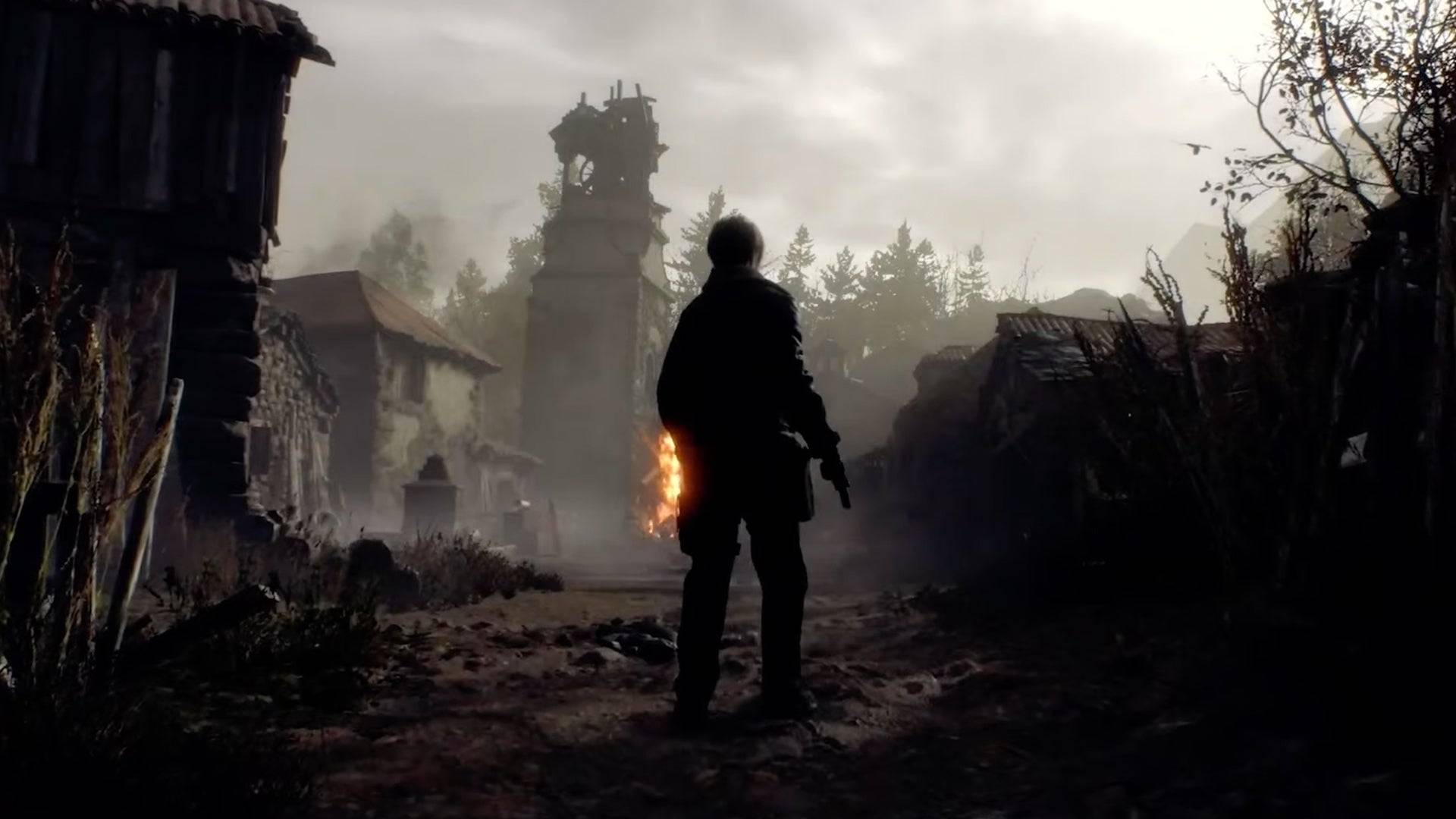 Simultaneously, *Devil May Cry* director Hideaki Itsuno sought to reinvigorate the action genre. After his work on *Dragon's Dogma*, Itsuno aimed to challenge players with *Devil May Cry 5*, leveraging Capcom's powerful new RE Engine to deliver a visually stunning and stylistically bold game.
Simultaneously, *Devil May Cry* director Hideaki Itsuno sought to reinvigorate the action genre. After his work on *Dragon's Dogma*, Itsuno aimed to challenge players with *Devil May Cry 5*, leveraging Capcom's powerful new RE Engine to deliver a visually stunning and stylistically bold game.
The Reason Behind The Change
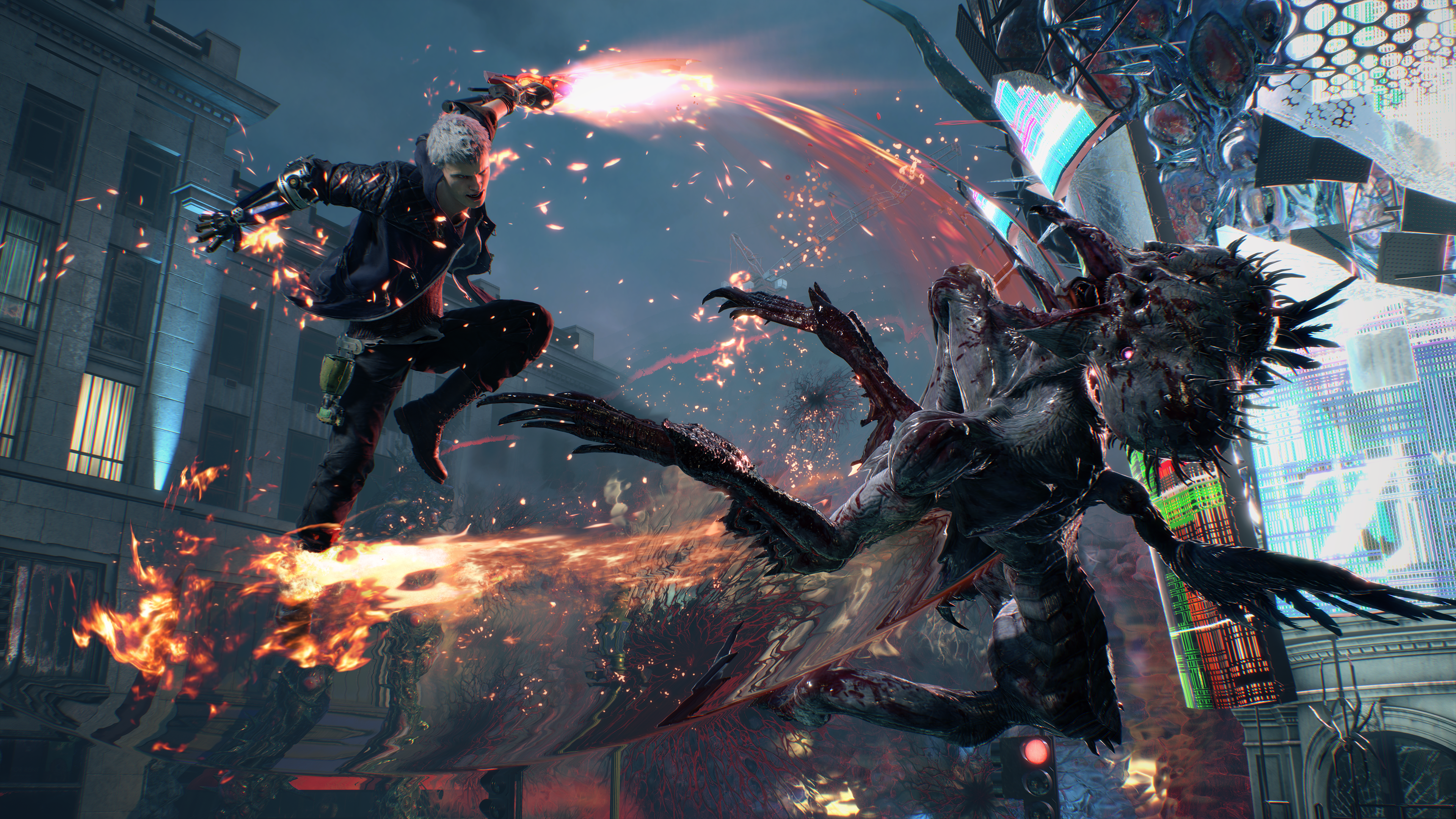 "I felt like the main trend with action games was to make action games that were very kind," Itsuno admitted. "Maybe, for me, a little bit too kind to the players, lending a hand to the player too much to my liking."
"I felt like the main trend with action games was to make action games that were very kind," Itsuno admitted. "Maybe, for me, a little bit too kind to the players, lending a hand to the player too much to my liking."
Itsuno, who has directed every *Devil May Cry* game since the second installment, returned after a decade-long hiatus with a clear vision and new technology. "Technology-wise, there were not just little improvements that you would have when you work on a series consecutively," Itsuno said. "When there’s a wide timeframe, [the technology] changes significantly."
The RE Engine, which replaced the MT Framework, offered higher visual fidelity and more agile development capabilities. "So the original concept for the RE Engine was to allow for a development environment that was less stressful and could help us to make things quicker. Because it’s an internally developed engine, when we needed any additional tools, well, we could ask for them internally. They could be fixed somewhat quickly, internally, and also iterated on," Ampo explained.
This flexibility allowed Capcom's developers to experiment and refine their games, ensuring that *Devil May Cry 5* embodied Itsuno's vision of being the "coolest" action game. "Devil May Cry is a franchise that stands on being cool," Itsuno said. "That’s what the franchise is, it’s about being cool. Ever since I took over the series from Devil May Cry 3, I put everything that I, as a person, I considered throughout my life to be cool. Anything I’ve seen on TV, in movies, and comics I’ve read, any sport experiences I’ve had, I try to distill everything that I think is cool into what the game is."
A New Capcom Golden Age
Since 2017, Capcom has consistently released critically acclaimed games, establishing a winning streak that sets it apart from other major studios. This success is attributed to their focus on creating globally appealing games using the advanced RE Engine, which supports various genres seamlessly.
Capcom's strategy of maintaining the core identity of its franchises while expanding their reach globally has proven effective. "Capcom is going through a golden era, and, well, now we have to do everything we can so that this lasts one more year, one more year, and every year, one more year," said Tsujimoto. This golden age shows no signs of slowing down, as Capcom continues to innovate and deliver games that resonate with fans worldwide.


